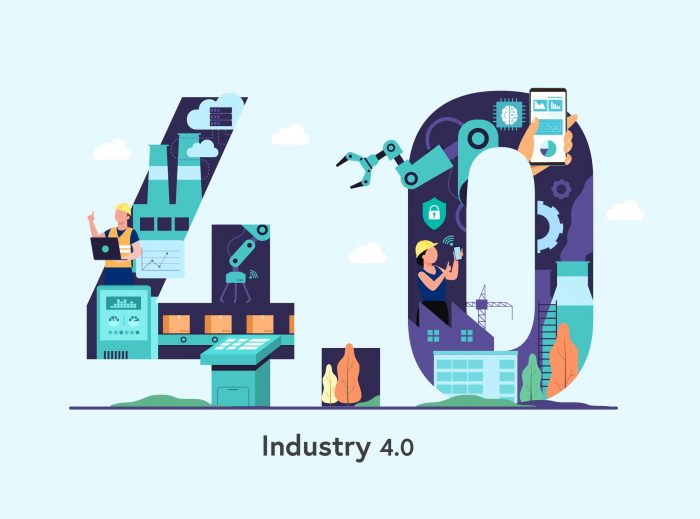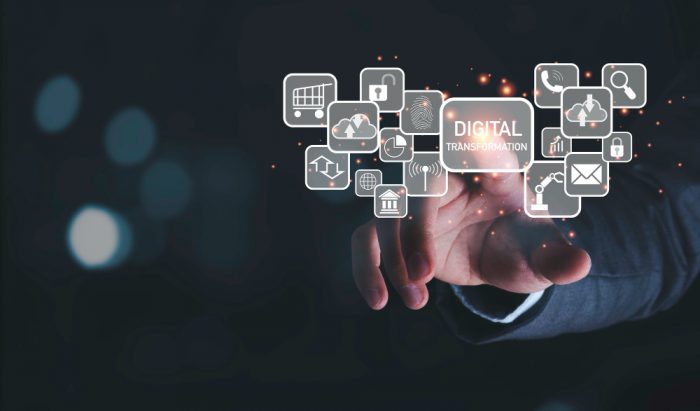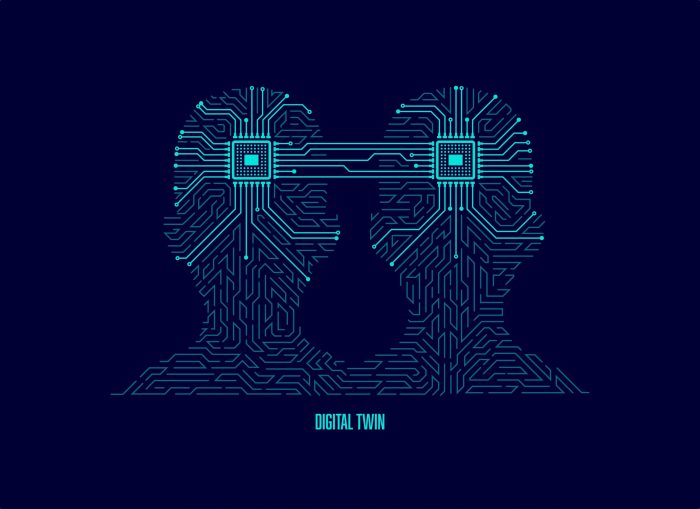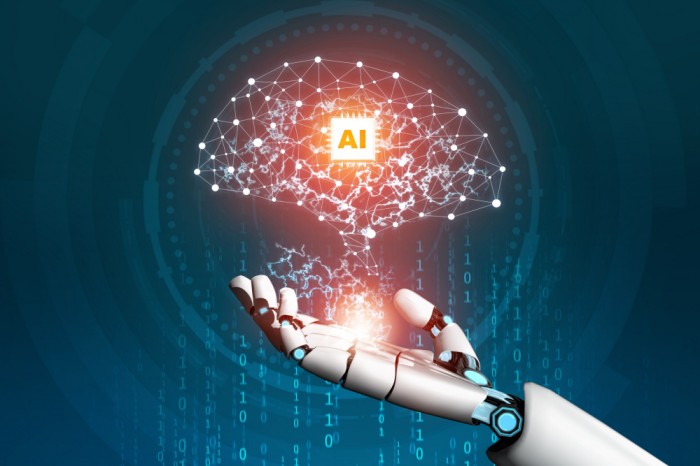Digital Twin Technology : Solutions & Benefits for Industry 4.0
Audio : Listen to This Blog.
Digital Twin for Taking your Business to a Whole New Level!
Are you interested in improving your services, processes, and goods by predicting them already?
Wouldn’t it be fantastic to run simulations or build what-if scenarios for the products, services, & processes you want to improve before investing real-world resources in their implementation? Digital twin holds this vow.
It’s a progressive world’s breakthrough, allowing you to connect with your physical asset without being actually present with it. In short, it shows us what is happening, why is it happening, and what can happen to the physical asset in future scenarios.
Digital Twin is at the forefront of the Industry 4.0 movement, which is made possible by advanced data analytics and IoT networking. The Internet of Things has expanded the amount of data that can be used in manufacturing, healthcare, and smart city environments.
According to one market report, investment in IIoT platforms and digital twins would expand at a rate of around 30% per year for the next decade. Predictive maintenance is leading the way.
If you want to grow your business to multiple folds, then you must have a look at this.
Here’s your complete guide to the digital twins, what are they, how they work, the benefits of the digital twin, and why your company should implement it right away!
Let’s take a glimpse!
Table of Contents
What is Digital Twin?
In simple terms, a Digital Twin is an exact copy (replica) of a physical world. Physical entity (object) like an aircraft engine, an individual, a vehicle, or even large buildings, cities, and what not? And intangible assets like a sales funnel, marketing funnel, a fulfillment process, etc., that can be analyzed, changed, and tested without having to interact with it in the real world.
Digital Twin is a bridge between the digital world and the physical world.
How does Digital Twin Work?
The sensors connected to the physical asset collect the data and map it onto the virtual model. Allowing the digital twin user to check out the critical details about how the physical object is performing in the actual world!
This means that Digital Twin Technology helps the engineers, operators, or consultants to understand how their product is performing and also how will it perform in the far future.
Data analyzed from the connected sensors plus the information source makes the prediction a cakewalk.
Why use the Digital Twin platform and its importance to your organization?
By building Digital Twin discussed above, the business owners or leaders can learn to excel in their business quickly. They can expand their verticals and dive into boost product performance, product innovations, make complex decisions, preventing costly downtime of machinery & robotics, and creating value.
Read More : “Challenges Facing in Digital Twin Market – How to Overcome Them?“
It minimizes the production cost and the manufacturers can save a lot of expenses when their products/goods are without any faults in the first time. You do not need to do any costly physical product/process tests or updations.
This helps them in staying ahead of their competitors as well.
Benefits of Digital Twin Technology
1.Reduces Product Quality Issues
With digital twin simulations, companies can test and validate a product before it even exists in the real world.
Digital twin models a variety of “what-if” real-world scenarios to help companies consider possible consequences and improvise processes and operations, and identify any product quality control issues.
2.Reduces maintenance costs
Since a digital twin system’s IoT sensors generate big data in real-time, businesses can analyze their data to proactively identify any problems within the system.
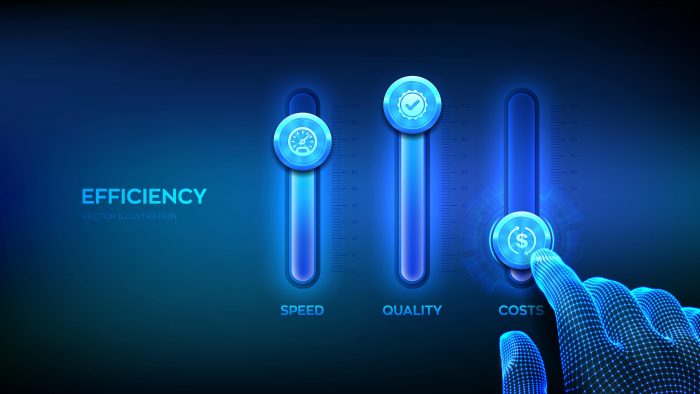
Digital twin technology uses recreation models to predict maintenance failures based on data from various risk factors, operational scenarios, and software configurations. They help save money, increase equipment efficiency, lessens downtime, and extend the life of machines or any hardware.
3.Enhances efficiency and production quality
Companies do not need to investigate various methods for improving procedures by building a digital twin. It is so effective that, there is no need to stop any ongoing processes; they can simply run simulations in the laboratories/workshop to understand the risks and benefits of new methods, and then keep experimenting with them to see which changes produce the best results.
Read More : “Key Trends Shaping the Digital Twin Market“
By creating a replica of the planned production process, a digital twin technology enables engineers to identify any process failures before the product goes into production. Engineers can disrupt the system to synthesize unexpected scenarios, examine the system’s reaction, and identify corresponding mitigation strategies. This new capability improves risk assessment, accelerates the development of new products, and enhances the production line’s reliability.
4.Enhances Staff Training
Digital twin technology can be used to train staff in real-life unsafe conditions. Employees should also be equipped to work with equipment that isn’t in close proximity or is too expensive to receive hands-on practice.
5.Real-time Remote Monitoring
It is often very difficult or even impossible to get a real-time, in-depth view of a large physical system. However, a digital twin platform can be accessed anywhere, enabling users to monitor and control the system performance remotely.
Financial details, like materials’ cost and labor, can be integrated into a virtual representation of a physical entity. Businesses can make smarter and quicker decisions on whether or not changes to a production supply chain are financially sound thanks to the availability of a vast volume of real-time data & advanced analytics.
Digital Twins Implementation Example
Digital twins have made their place in the IoT and Industry 4.0 with their remarkable features. A vast range of industries is now relying on the Digital Twin platform for its futuristic, reliable, efficient, cost-saving, and intelligent applications.
Let us check on some of the remarkable Digital Twin Implementation examples–
1.Automotive
Collecting and analyzing operational data from a vehicle to determine its condition in real-time and notify product changes is one aspect of how building a digital twin play their role in the automotive industry.
For more information on how we can help you leverage your technologies, feel free to reach out to us here.
Contact us
2.Manufacture
Manufacturing can be made more efficient and simplified with digital twin solutions manufacturing, whilst still minimizing the production timeframe.
3.Healthcare
Organ donation, surgical preparation, and operation have all benefited from digital twin solutions in the medical field. Systems have also been developed to model the movement of patients through hospitals and monitor where infections may occur and who may be at risk due to touch.
Read More : “Digital Twin Revolution in the Healthcare Industry 2021“
4.Retail Sector
The retail sector uses digital twin stimulations to improve the consumer experience at every level, such as a shopping center or for retail stores, apart from manufacturing and industry.
Conclusion
The use of digital twin solutions for business intelligence and process management is becoming more popular. In reality, the digital twin was named one of Gartner’s top ten strategic technology trends for 2017. As data becomes more important in corporate decision-making, building a digital twin‘s virtual model to evaluate real-world results is the most powerful tool for remaining creative and competitive.
FAQ's
A computer program that produces a virtual model of a process, service, or product is known as a digital twin. It uses real-world data concerning a physical object/entity or system as inputs and outputs simulations or predictions of how those inputs will influence the physical object or process.Data is gathered and computational models are created to test the digital twin layout. This may include a real-time interface between the physical object and a digital model for sending and receiving input and data.
The benefits that digital twin technology offers to companies include:
- Increased equipment and production line reliability.
- Enhanced OEE(overall equipment effectiveness) via reduced downtime and enhanced results.
- Better Productivity.
- Lower risk in areas, such as low maintenance, product availability, industry credibility, and so on.
Digital Twins platform combines Artificial Intelligence (AI), Machine Learning (ML), the (IOT) Internet of Things, and Big Data, which are critical components of Industry 4.0 and are primarily used in Industrial engineering, manufacturing, and IOT industries.
The digital twin in manufacturing is a virtual representation of the physical product as planned, constructed, and maintained, supplemented by real-time process data and analytics based on accurate configurations of the physical product, production processes, or equipment.
